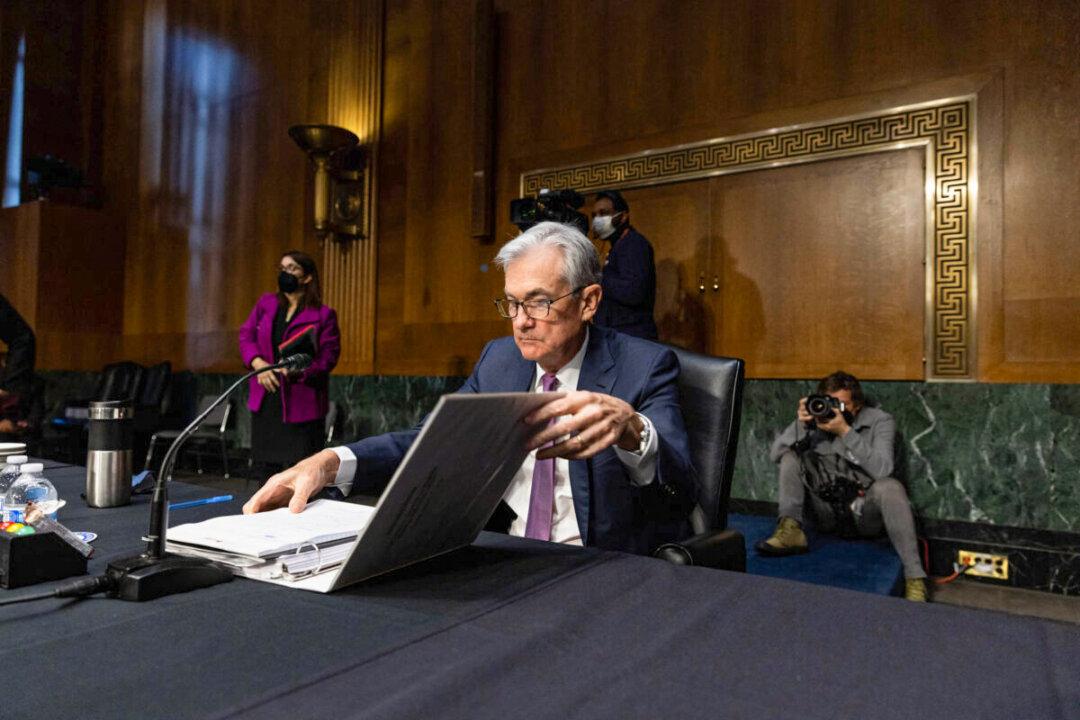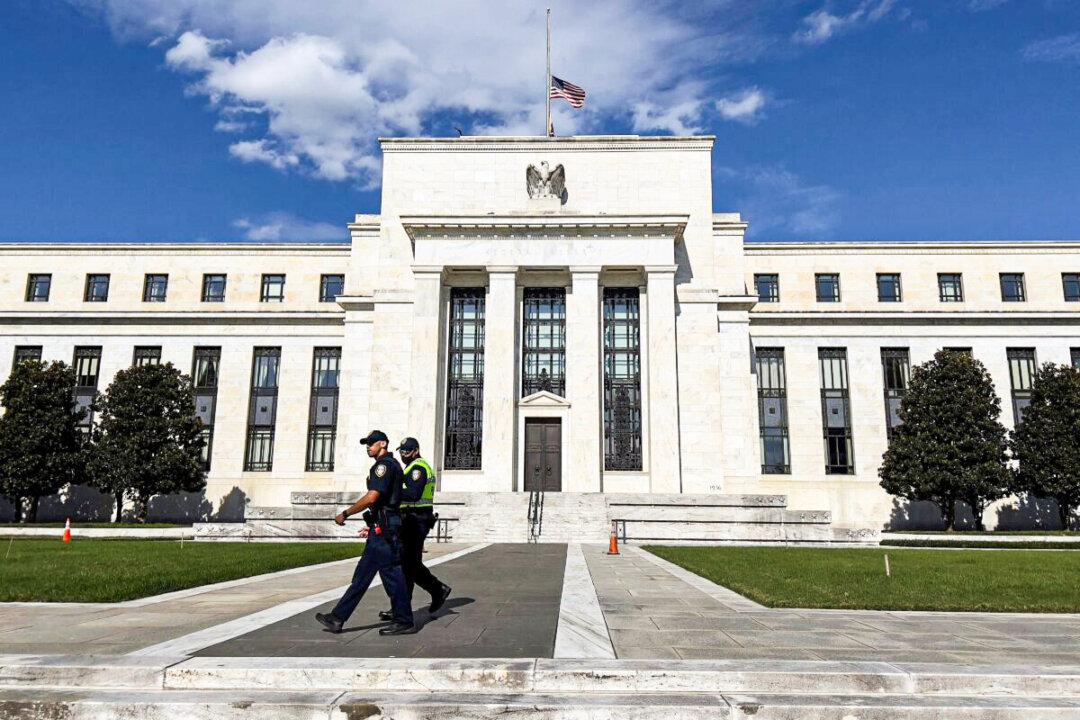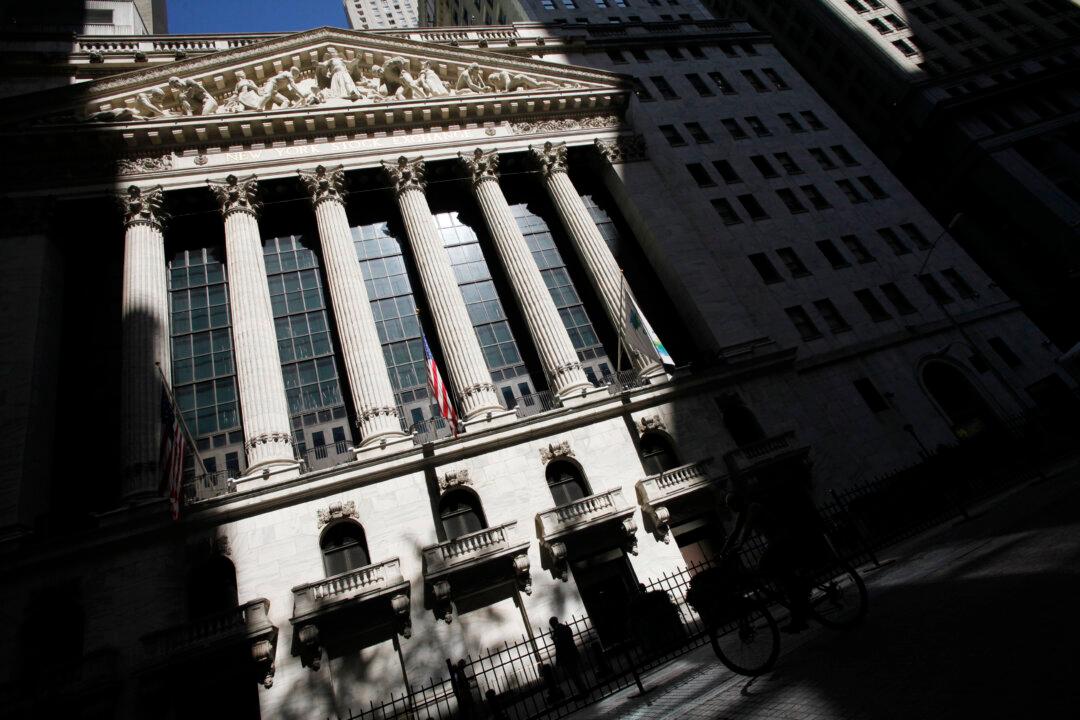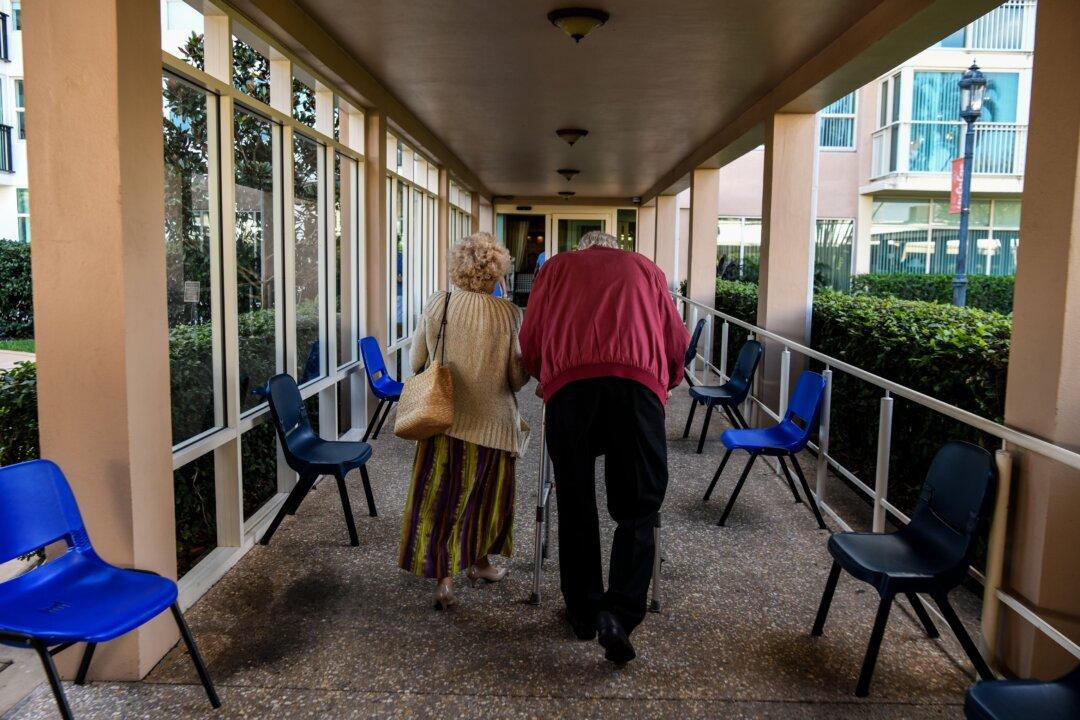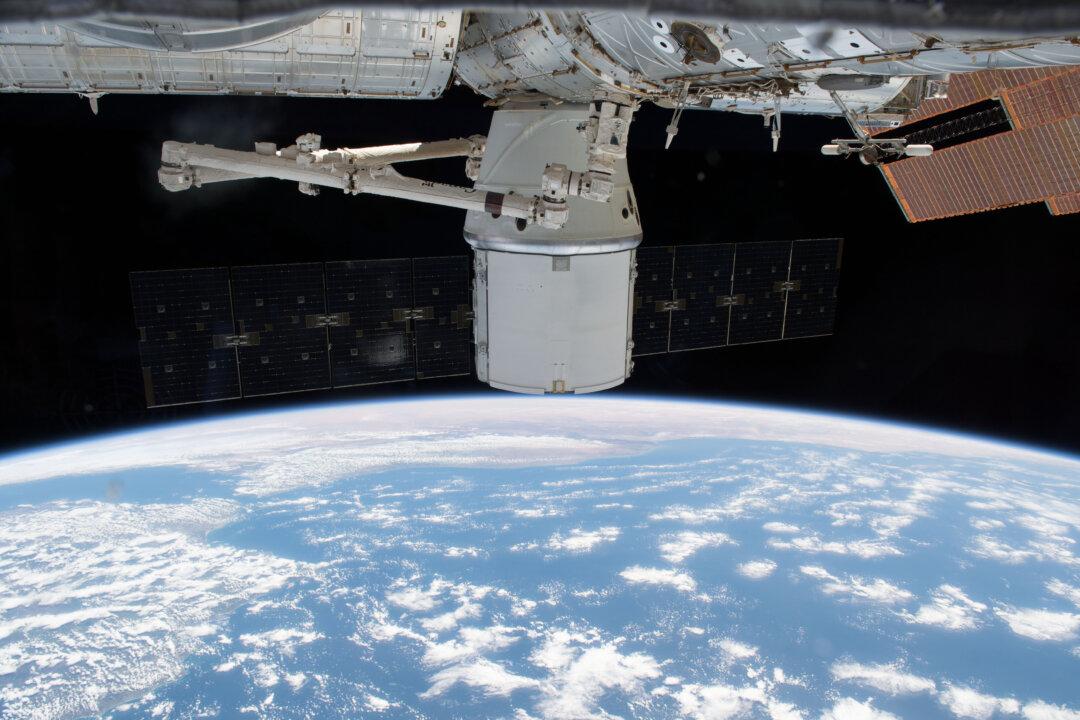Commentary
In August 2021, a group of lawmakers including Reps. Alexandria Ocasio-Cortez (D-N.Y.), Rashida Tlaib (D-Mich.), Ayanna Pressley (D-Mass.), Mondaire Jones (D-N.Y), and Chuy Garcia (D-Ill.), issued a public statement to President Biden, “As news of the possible reappointment of Federal Reserve Chair Jerome Powell circulates, we urge President Biden to reimagine a Federal Reserve focused on eliminating climate risk and advancing racial and economic justice.”
